Those magic three numbers-‘300’. During the 1950s and ’60s, they meant everything in performance. The numbers still live today as they have been brought back to name some of Chrysler’s new heavyweight muscle models.
Even though this family of cars were extremely heavy, their performance capabilities were outstanding. It’s certainly easy to understand why many in the know consider these cars to really be the first American Muscle Cars.
Much of the early performance publicity for the 300 came on the NASCAR racetracks and the fact that it was carrying the 331 Hemi powerplant. For example, in 1955, Hemi-powered 300s won both the AAA National Championship and NASCAR titles.
In ’56 with a 354 Hemi, the results were equally impressive with with numerous speed records set on the Daytona sand. 1957 saw a jump to the 392 Hemi, while the mighty 413 Wedge engine came along with the 300E in 1959. The top engine version pounded down an awesome 400 horsepower.
–
Then came the milestone 1960 300F version, the subject of this article. It’s well known because of its giant angled rear fins which contained giant tail-lights.
The engine for 1960 was a new Ram Induction system with a pair of lengthy cross-over ram tubes that placed the carbuetors up against the sides of the engine compartment. They aided greatly in helping make the 375 horses of the standard 413 engine.
New unibody found its way onto the F version amd weighed in at 4,270 pounds. The wheelbase was 126 inches but with its significant body overhangs, its overall length was 220 inches. Interestingly, its front tread was an inch wider than the rear at 6l inches.
The suspension used torsion bars in the front with leaf springs and hydraulic shocks out back.
The brakes were power units but no disc brakes yet, with drum brakes on all four corners.
The interior was pure luxury with plush leather, swing-away front seats, and a beautiful two-tone dash.
Lots of descriptive words on the 300F, but having an example of the real thing is a lot better. And vintage Chrysler expert Terry McTaggart of Dayton, Ohio is just the guy that can do it with his Terre Cott-colored 300F. By the way, he also owns a ’58 300C convertible.
“I always had an attraction for this model since I was a kid. Used to pass one on my way walking to high school, but I knew there was no way I could ever get it at the time.”
“When later, I saw this car advertised in a magazine. It was in Boulder, Colorado. I flew out and bought it and drove it home. It wasn’t in that great of condition, no rust but just about everything needed work. It had been sitting outside for many years and the sun had killed the interior. Also, the engine and powertrain needed a lot of re-work.”
He admitted that he had to pay $1100 for the machine and he had some doubts initially about the purchase, but as you can see, everything certainly worked out great.“I just love those fins, the sexiest tail ever put on any car. And that grille just knocks me out,” the current owner explained. It should also be noted that some of the new Chrysler 300s have grilles that look amazingly close to this version.
This was the push-button era for Chrysler and McTaggart explained that there are 15 push buttons on the dash. “When you break it down, there are six buttons for the radio, five for the air conditioner, and five for the transmission.”
Terry explained that the performance from the cross ram powerplant is awesome. He continued, “The characteristic of the engine that is really impressive is that it produces 495 pound-feet of torque. You don’t have to down-shift because of the high torque. The engine always is in the heart of the normal driving RPM range.”
The tranny is the three-speed automatic Torque-Flight backed with a 3.31 Sure Grip rearend.
It’s definitely early muscle in all its glory!

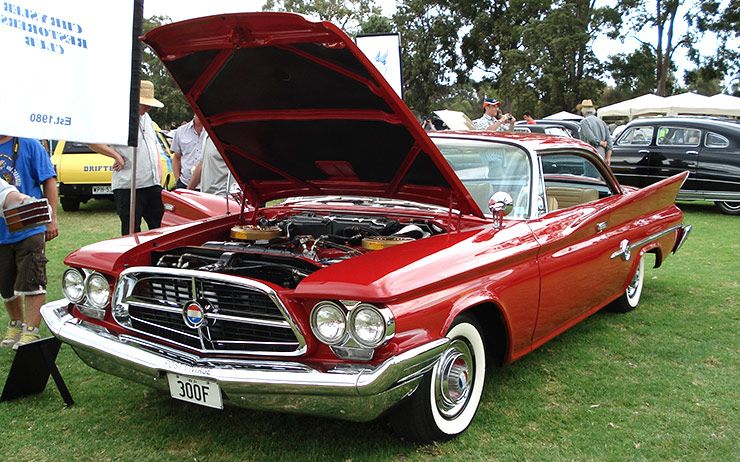
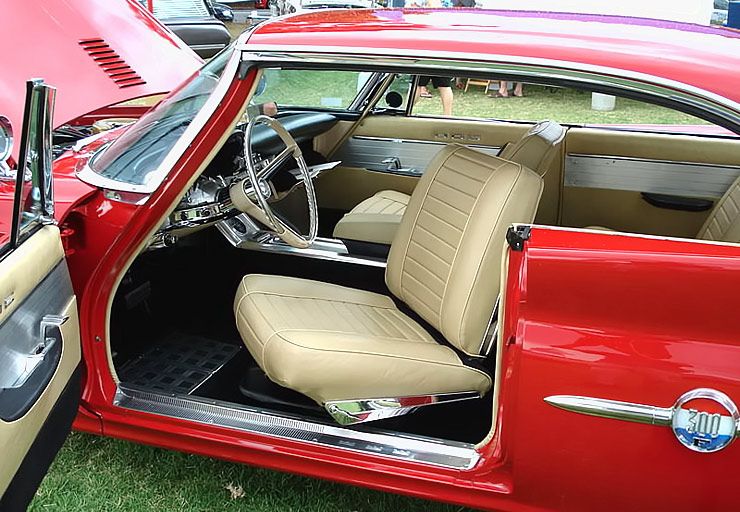
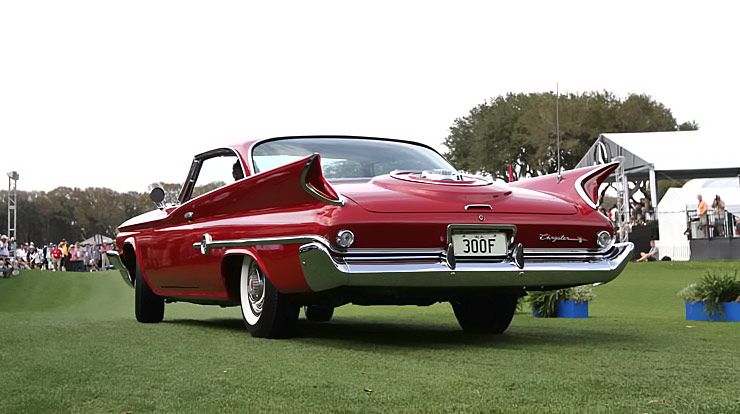



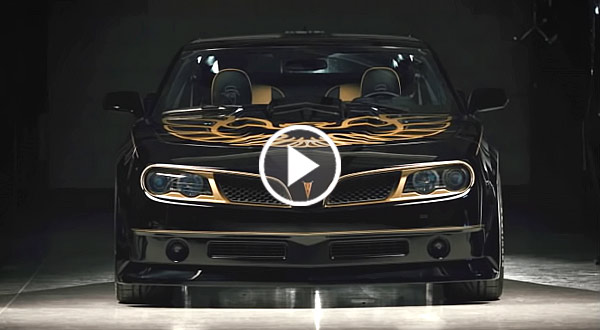

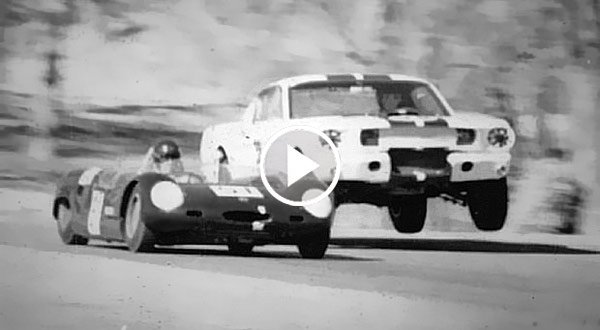




Facebook Comments